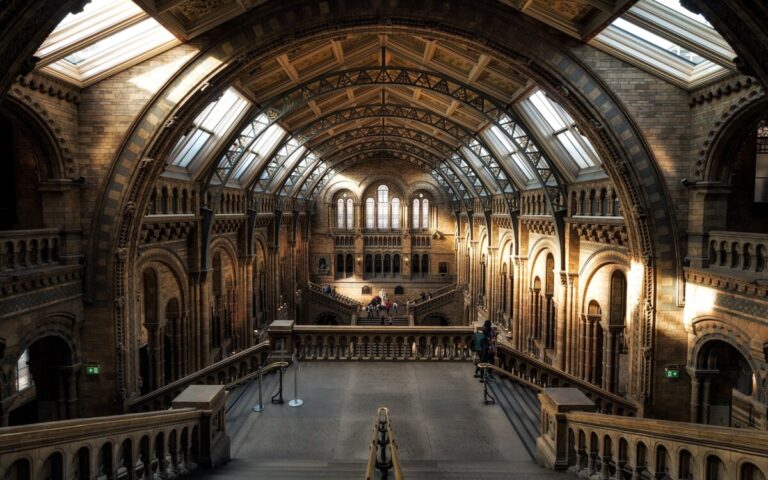Partnerships result in a New Year trio of PR issues for charities

BHF and the Natural History both (separately) came under fire last week – BHF for accepting funds from a prize draw where the main prize is a house with wood-burning fires, and the Natural History Museum for signing a gagging clause when it partnered with a Danish oil sponsor for its wildlife photography competition.
The BHF-Omaze competition drew criticism because BHF has previously campaigned about the health and pollution risks associated with wood-burning fires, and some of Omaze’s footage of the house shows a roaring fire.
The Natural History Museum’s contract with Ørsted (then Dong Energy), obtained by investigative journalism organisation Point Source (and shared with the Observer) raised greenwashing concerns. The contract was signed before Ørsted divested its oil and gas business to focus on renewable energy in 2017.
One image and text from the museum’s 2016 competition that has drawn particular attention in the media is of a cormorant swimming through fish under an oil rig. The text read “Drilling for oil is not generally considered beneficial for wildlife, yet oil rigs can provide shelter and a rich food supply for many animals, including Brandt’s cormorants”.
The two cases are joined by another since the New Year – where a link with a book, Thrifty Kitchen, by food writer and activist Jack Monroe caused some issues for the Trussell Trust. In this case, for every copy sold through Bookshop.org until the end of January, Bookshop.org is donating a copy to the Trussell Trust’s network of food banks. The problem however was that some of Monroe’s work arounds aimed at helping people with very limited resources – opening tins without a tin opener for example – raised safety concerns.
How the charities have responded
The Trussell Trust halted distribution of the book to its food banks until the publisher could sort out an addendum addressing the concerns. The text was also quickly amended in the e-book version.
The Natural History Museum issued a statement, reported by The Guardian, saying that it retains editorial control over its exhibitions and that sponsors have no influence over content. It also confirmed that these clauses are no longer included in any contracts.
BHF said that Omaze was reviewing the issue and the charity was awaiting the outcome, with Omaze adding to this that it takes its environmental responsibilities very seriously.
The Chartered Institute of Fundraising offers guidance for charities on corporate partnerships as well as on accepting donations on its site.



